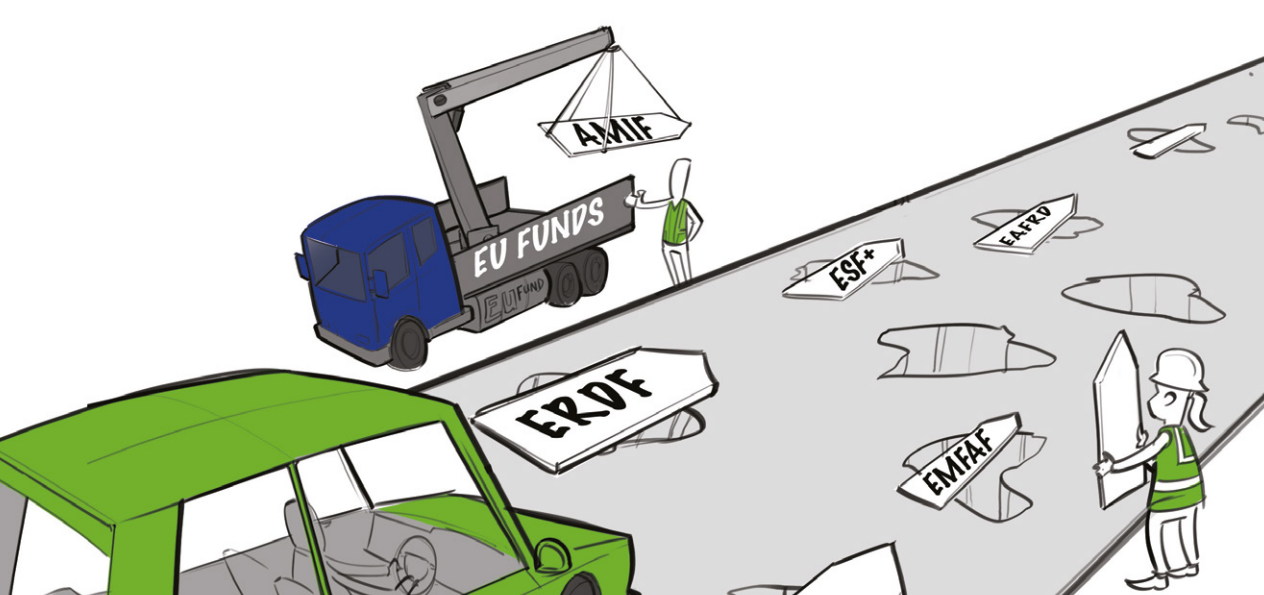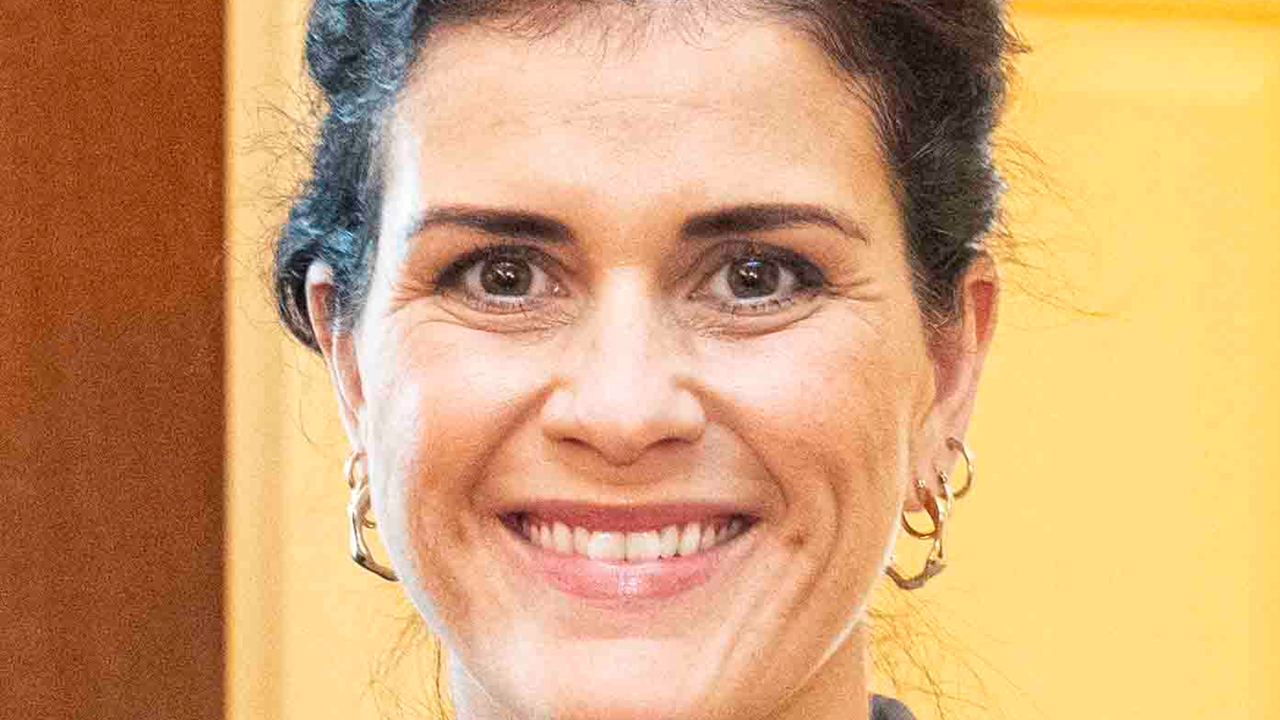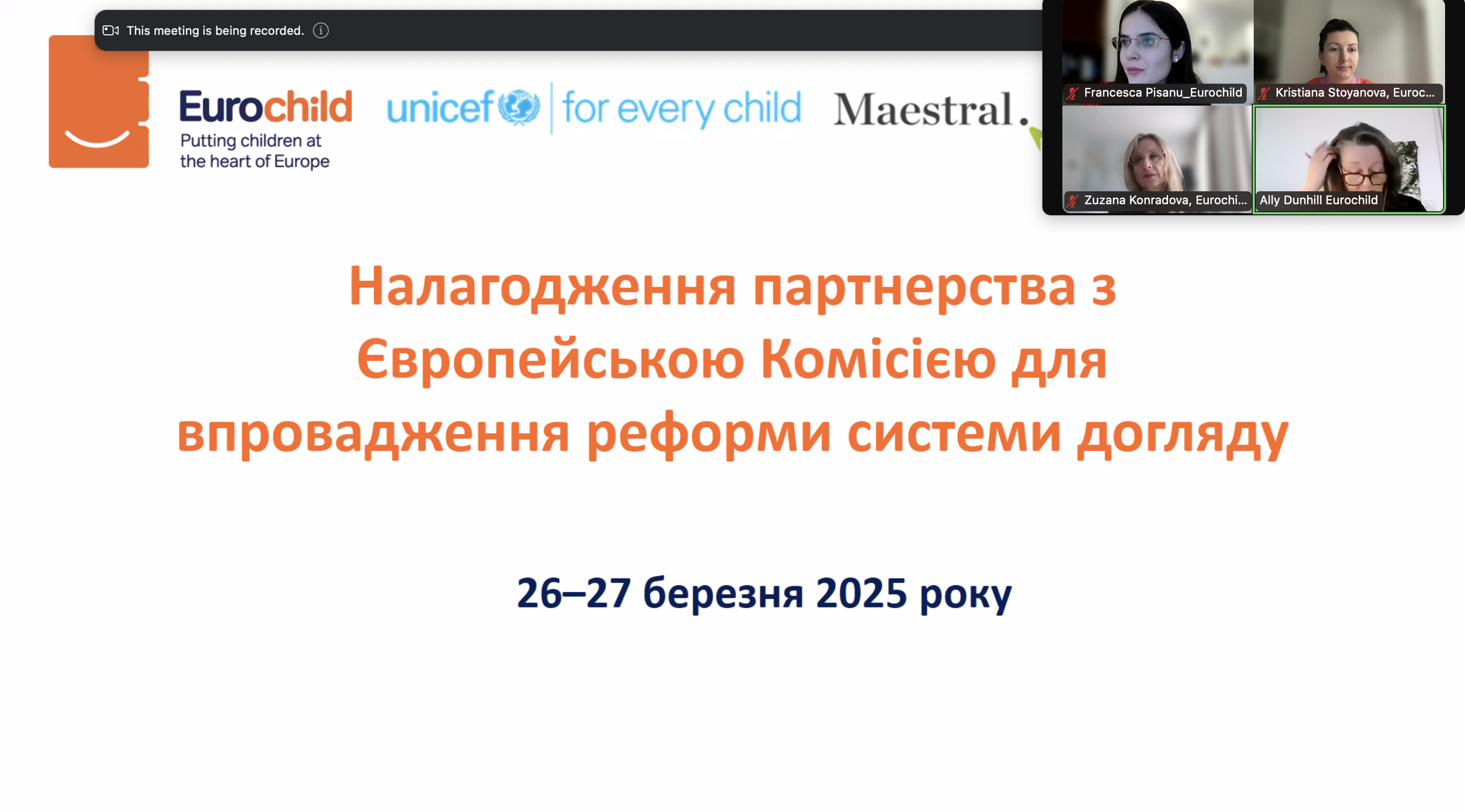Available EU funding for refugees from Ukraine
Following the European Commission recent proposal to modify the Cohesion Actions for Refugees in Europe (CARE), we take this opportunity to sum up the different sources of funding available for Member States to respond to the refugee crisis that followed Russia’s invasion in Ukraine. Beside the packages of humanitarian aid that the European Commission has set up, the EU is doing significant efforts to enhance the response capacity of Member States and to make the already existing cohesion funds more accessible and flexible.
These are the main six sources of funding currently available:
- The European Social Fund (ESF) is aimed at improving the employment opportunities of workers in the EU. In practical terms, third country nationals are able to participate in ESF-funded measures on an equal basis with EU citizens, provided that their status allows them to have access to the labour market and/or to vocational training. The temporary protection directive is giving refugees that status. In addition, children of asylum seekers or underage asylum seekers are eligible for ESF support e.g. through access to primary and secondary education. This toolkit explains how to use the ESF for actions to combat poverty and social exclusion of children.
- The Asylum, Migration and Integration Fund (AMIF) is designed to support national capacities and procedures in migration management, including assistance to refugees upon arrival. It has an overall budget of 9.9 billion for the 2021-2027 Multi-Annual Financial Framework (MFF). Among other things, it funds provision of material aid to address basic needs (e.g. clothes, food, health care, reception needs etc.); identification and processing of persons with special procedural or reception needs; family tracing, legal and translation assistance, psycho-social and other specialised services. Read the 2021-2022 working programme.
- The Fund for European Aid to the Most Deprived (FEAD) is designed to provide food and/or basic assistance to the most deprived (both material, i.e. clothing, medicines, etc.; and intangible, i.e. social inclusion measures such as language courses or civic orientation). It has an overall budget of 3.8 billion (2014-2020 MFF).
- The European Regional Development Fund (ERDF) is aimed at correcting imbalances in development between regions by strengthening economic, social and territorial cohesion. ERDF can support the integration of people with a migrant background through accessible infrastructure development, equipment and access to quality mainstream services in employment, education and training, social inclusion and health h and long-term care.
- Cohesion’s Action for Refugees in Europe (CARE): On the 8th March, the European Commission proposed some changes to the 2014-2020 Cohesion policy rules to allow a swift reallocation of available funding to provide emergency support to people fleeing the war in Ukraine. Four main changes have been incorporated:
- the possibility of 100% EU co-financing for 2014-2020 Cohesion policy funding will be extended for the accounting year 2021-2022 to ease the burden on national budgets.
- Member States and regions will have the possibility to use resources from either the European Fund for Regional Development (ERDF) or the European Social Fund (ESF) for any type of measures supporting people fleeing Ukraine.
- Member States spending on programmes helping people fleeing Ukraine will be eligible for EU support retroactively as of the start date of the Russian invasion (24 February 2022);
- reporting will be simplified.
- Recovery Assistance for Cohesion and the Territories of Europe (REACT-EU): initially thought for recovery from the COVID-19 pandemic and with a budget of 10 billion for 2022, this fund can now be used to tackle demands related to the refugee crisis within the overall aim of post-pandemic recovery.
For more information, the European Commission has published a toolkit on the use of EU funds for the integration of people with a migrant background (ERDF, ESF+, AMIF) covering the period 2014-2020 and a new one covering the following programming period of 2021 – 2027.





